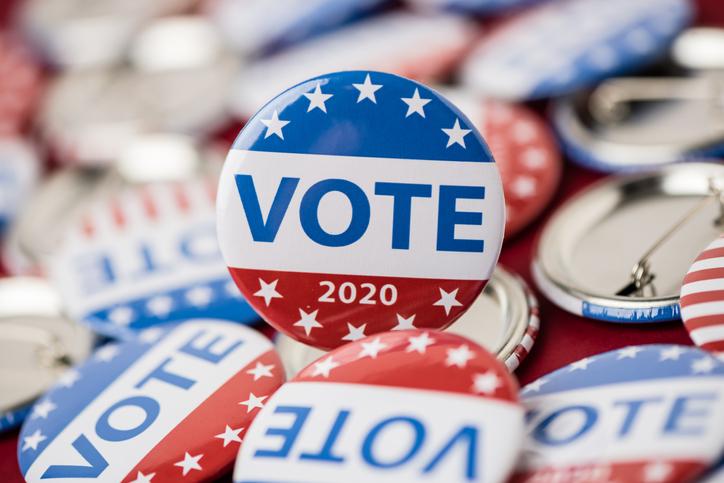What would you do to eliminate your student loan debt? Just about anything? So would most millennials. In fact, in a survey sponsored by Splash Financial, 39% of respondents stated that they would be willing to spend a full week in jail if it meant wiping out their student loan debt, according to the New York Post. Roughly the same amount claimed that they wouldn’t take paid time off from their job for a year.
Obviously, student loan debt would drive most people to do crazy things, and there is clearly a need for the student loan debt crisis to be addressed. That’s why Presidential candidates have given student loan debt a place on their platform, and it has been a hot topic for President Trump since before he took office.
As the Democratic nominee field whittles down, and candidates provide more details on their Presidential plans in order to garner votes, there is more to be said on the student loan debt debate. Additionally, President Trump released his budget earlier this month, calling for a decrease in funds to the U.S. Department of Education, which would inevitably impact student loan programming.
With all of that: where does the issue of student loan debt stand now? What is being done to address it? Is the student loan debt problem in this country really that big of an issue? Let’s explore.
At this point, each candidate has at least a general plan in place to tackle rising college costs and crippling student loan debt.
Joe Biden (Democrat)
Former Vice President Joe Biden wants to continue the legacy of his old boss, President Barack Obama, by making community college tuition free for all. He has also planned to increase the amount and reach of the Pell Grant program, to focus heavily on income-based repayment plans for borrowers and to provide $10,000 in student loan forgiveness for each year (up to five years) that an individual works in a designated public service job.
Bernie Sanders (Democrat)
With a significant lead over the other candidates, Senator Sanders platform could very well be the key issues Americans are comparing to Trump’s four-year record. Senator Sanders has proposed free tuition at all public colleges, universities, Historically Black Colleges and Universities (HBCUs), Minority Serving Institutions and trade schools. He also wants to cancel current student loan debt for all Americans and place a cap on student loan interest rates at 1.88%.
Bill Weld (Republican)
There is one Republican, the former Governor of Massachusetts, who is running against President Trump in the Primary Election. Weld supports allowing borrowers to declare bankruptcy on student loans, an expansion of the public service student loan forgiveness program, free community college for all and lowering student loan interest rates.
Playing Politics with Student Loan Forgiveness

Candidates weigh in on the student loan debt crisis.
